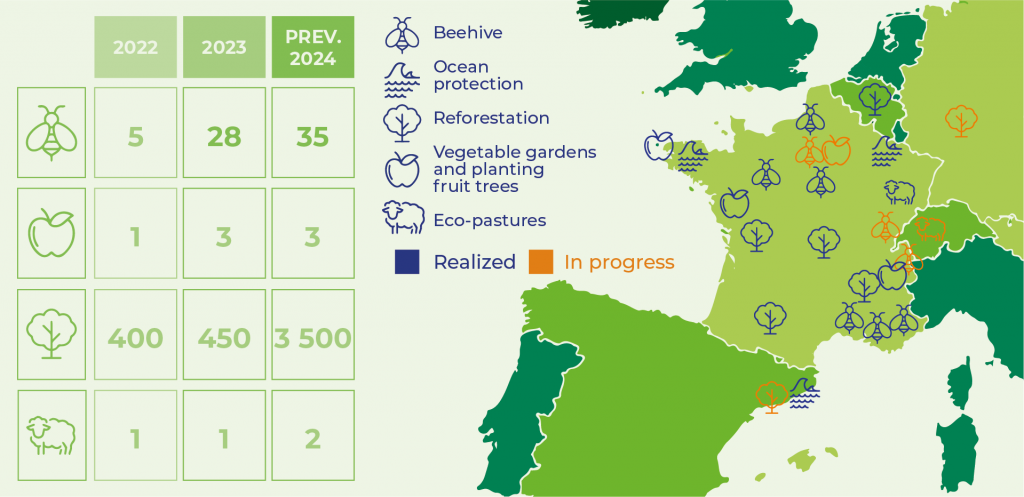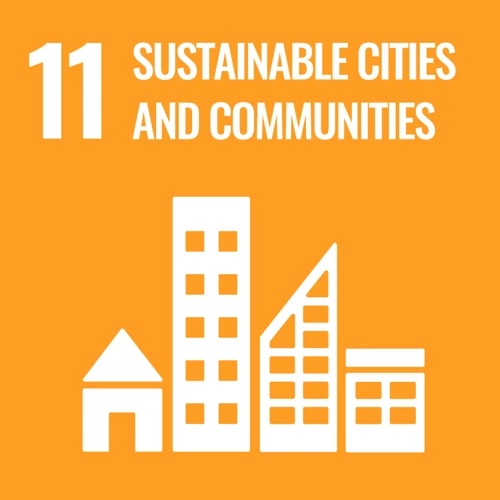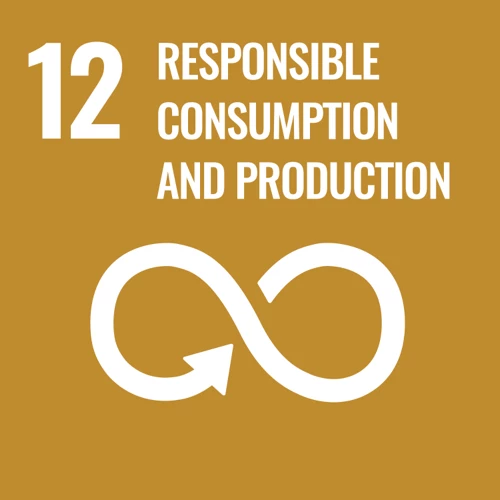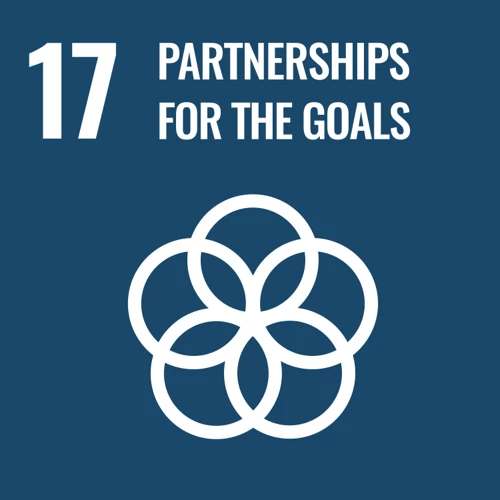Speeding up action to preserve biodiversity
In recent years, the Heppner Group has progressively deepened its commitment to biodiversity, particularly involving local projects, such as eco-pasturing (Metz branch), planting a collaborative vegetable garden (Saint Priest branch) or installing beehives in 9 branches. Heppner also contributes to reforestation programmes and provides financial support to environmental protection associations.

Biodiversity, preservation of coasts and oceans
In 2023, two associations working particularly to preserve marine ecosystems were supported by Heppner’s Strasbourg and Saint-Brieuc branches.
> Octop’us, this Strasbourg-based NGO is working to preserve, clean up and raise awareness of the need to protect the oceans.
Employees from the Strasbourg branch visited the association’s workshops and presented them with a donation of €3,000.
> Vivarmor has been working for 50 years to understand and preserve biodiversity and protect the environment in the Côtes d’Armor region. This association received a donation of €1,000 during QWL week.
Contribute to a reforestation project in Ardèche
Working with the Ecotree company, the Avignon, Montpellier and Langlade branches have committed to planting 400 trees in the Ardèche region in 2023.
Installation and sponsorship of beehives
The Avignon, Montpellier, Toulon and Nice branches have set up 11 beehives in 2023 with the Nos abeilles en Provence association. 20% of the annual honey harvest will be offered to branch employees and customers.
For its part, the Vitrolles branch is sponsoring 23 beehives at the association’s site in Gemenos, which employees had the opportunity to visit.
Biodiversity and animal protection
In 2023, Heppner had the opportunity to learn more about the work of WWF, which has been protecting animals for 50 years. In addition, at the initiative of the Union des Entreprises de Transport et de Logistique de France (French Union of Transport and Logistics Companies), Heppner is taking part in the production of a guide against the illegal trafficking of wild animals and plants, due to be published in the first half of 2024.













